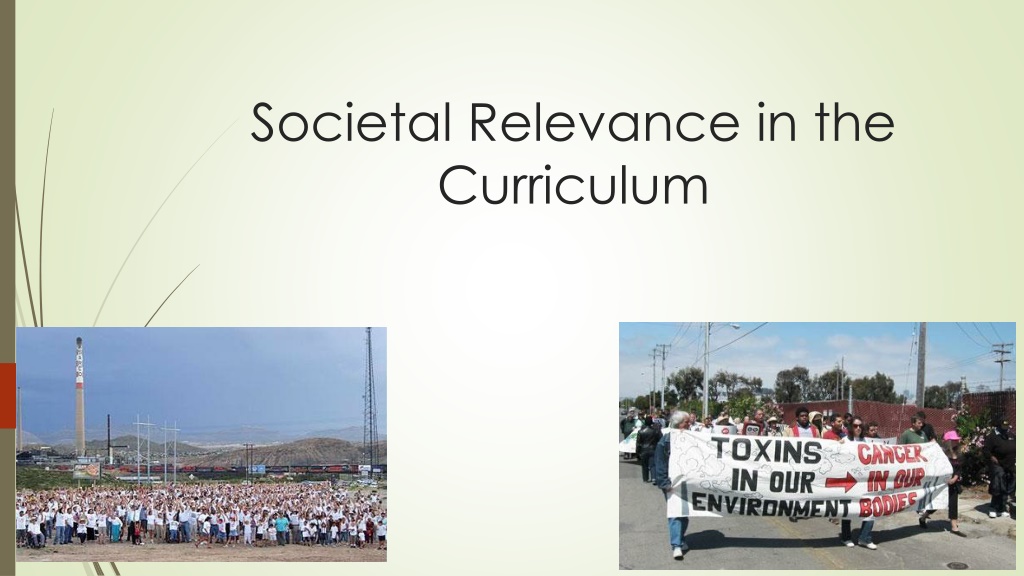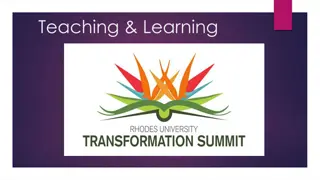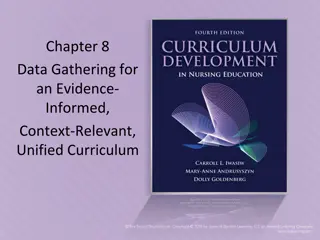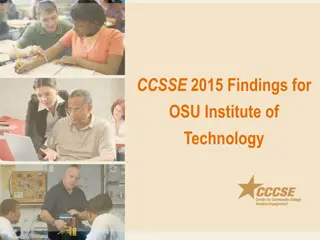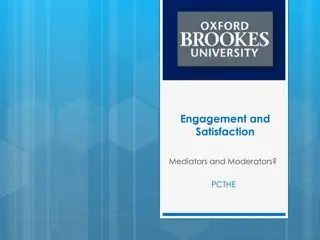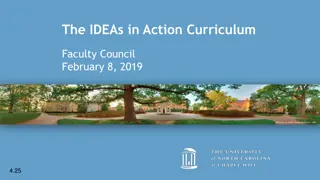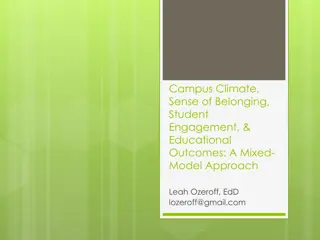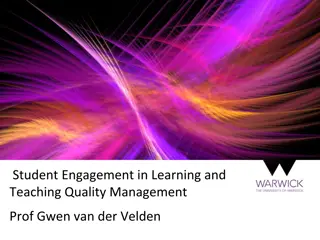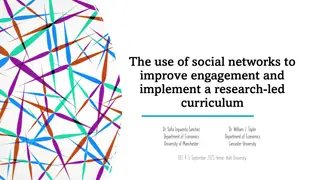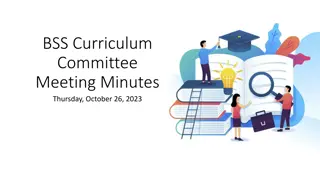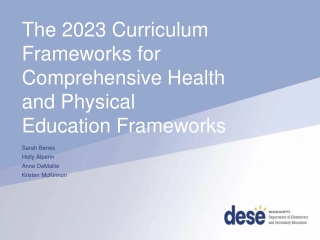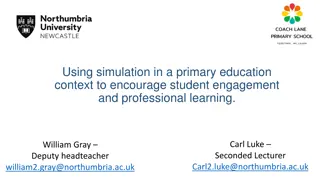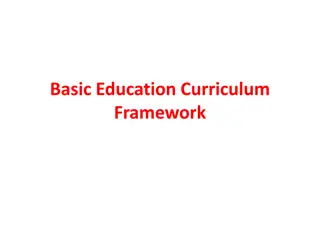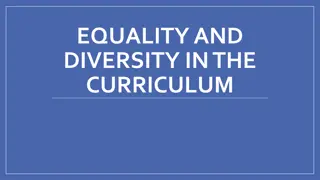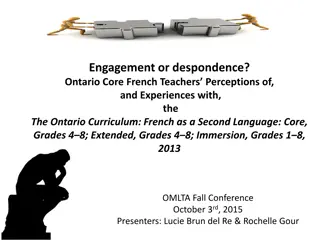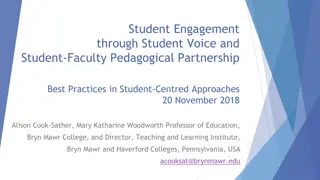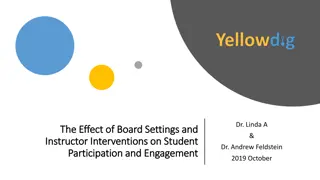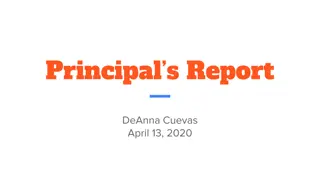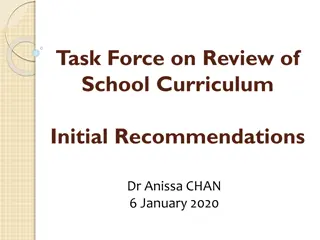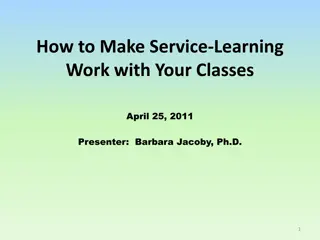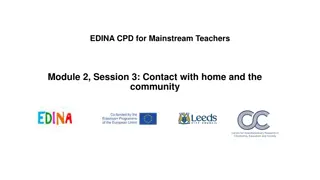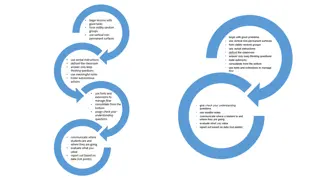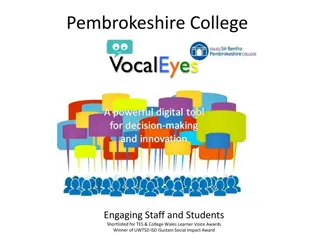Enhancing Student Engagement Through Societal Relevance in the Curriculum
Bringing societal relevant issues into the classroom, such as pollution and environmental justice, increases student engagement by connecting lessons to real-life scenarios. By addressing local issues and promoting equal sharing of natural resources, educators can foster meaningful discussions and empower students to become active participants in their communities.
- Student engagement
- Curriculum relevance
- Environmental justice
- Community involvement
- Educational empowerment
Download Presentation

Please find below an Image/Link to download the presentation.
The content on the website is provided AS IS for your information and personal use only. It may not be sold, licensed, or shared on other websites without obtaining consent from the author. Download presentation by click this link. If you encounter any issues during the download, it is possible that the publisher has removed the file from their server.
E N D
Presentation Transcript
Societal Relevance in the Curriculum
Bringing the community into the classroom societal relevant issues (pollution, water issues, natural resources, etc.) used in curriculum or activities are a way increase students engagement. Students are more willing to participate when the activity or curriculum ties to the students lives. Students relevance perceptions may vary within the classroom often giving students an opportunity to discuss their own perspective as well as learn about others.
Creating Local Relevance with Environmental Justice Border communities often have: High minority populations: pop. 830,000 with 81% Hispanic or Latino Low percentage of educational attainment: 74% HS diploma; 20% Bachelor s degree or higher High percentage of persons below poverty level: 23% Environmental issues often go unaddressed in poorer communities.
Everyone should equally share in the benefits of natural resources and the burdens of environmental health hazards.
The use of the EJ module allows: Students to see societally relevant issues in the context of EJ issues Gives students an opportunity to study EJ issues in other regions Provides opportunities for open dialogues about local issues in the classroom
